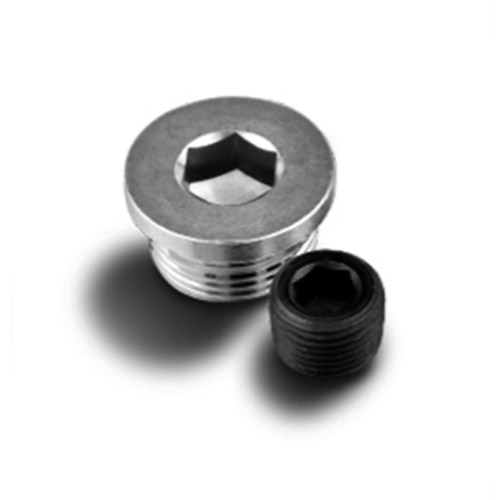

non metallic flat washers
Dec . 19, 2024 13:48 Back to list
non metallic flat washers
The Versatility and Importance of Non-Metallic Flat Washers
In the realm of fasteners and hardware, non-metallic flat washers often take a backseat to their metallic counterparts. However, these unassuming components play a crucial role in various applications across industries. This article delves into the definitions, materials, uses, and benefits of non-metallic flat washers, illuminating their importance in modern engineering and everyday applications.
What are Non-Metallic Flat Washers?
Non-metallic flat washers are circular disks, typically with a hole in the center, designed to distribute the load of a threaded fastener, such as a screw or bolt, over a larger surface area. Unlike traditional washers made from steel or aluminum, non-metallic versions are made from materials like plastic, rubber, or composite materials. This distinction allows non-metallic washers to serve different functions and offer unique advantages.
Materials and Features
The materials used to make non-metallic flat washers include but are not limited to
1. Nylon Known for its strength, flexibility, and resistance to chemicals, nylon washers are ideal for applications exposed to corrosive environments. 2. Rubber These washers provide excellent sealing properties and are often used in plumbing and automotive applications to prevent leaks. 3. PTFE (Teflon) This material offers exceptional resistance to high temperatures and chemicals, making it suitable for use in the food industry and in various industrial applications.
4. Polypropylene Lightweight and resistant to impact and chemicals, polypropylene washers are useful in corrosive environments where metallic washers would rust.
These materials enable non-metallic flat washers to excel in various environments, where corrosion resistance, electrical insulation, or flexibility is required.
Applications
non metallic flat washers

Non-metallic flat washers find use in several applications
- Electrical Engineering They serve as electrical insulators, preventing unwanted electrical conductivity between components and reducing the risk of short circuits. - Automotive In vehicles, these washers are used to create seals in pipelines and fittings, ensuring that fluids remain contained without risk of leakage. - Aerospace Non-metallic washers help in reducing weight and providing insulation in critical components where metallic components could add unnecessary heft or conductivity.
- Construction Used in conjunction with fasteners, they help distribute the load and prevent damage to drywall, plastic, or softer surfaces.
Advantages of Non-Metallic Flat Washers
One of the primary advantages of non-metallic flat washers is their resistance to corrosion. Unlike metallic washers that may rust or corrode over time when exposed to moisture or chemicals, non-metallic options exhibit greater longevity in such environments.
Additionally, non-metallic washers can provide superior insulation. This property is particularly valuable in electrical applications, where preventing the flow of electricity between components is crucial for safety and performance.
Another benefit is their ability to absorb vibrations. Non-metallic materials can dampen noise and reduce wear on fasteners and components, leading to longer service life and improved reliability.
Conclusion
In summary, non-metallic flat washers may not be the most glamorous components in the world of fasteners, but their importance cannot be overstated. With diverse materials offering unique properties, these washers are invaluable in many applications, from automotive and aerospace industries to construction and electrical engineering. Their resistance to corrosion, excellent insulating capabilities, and vibration-damping properties make them a preferred choice in many scenarios. As technology progresses and industries continue to evolve, the role of non-metallic flat washers will undoubtedly keep pace, adapting to new challenges and demands to remain an integral part of modern engineering solutions.
Latest news
-
Hot Dip Galvanized Bolts-About LongZe|High Strength, Corrosion Resistance
NewsJul.30,2025
-
High-Strength Hot Dip Galvanized Bolts - Hebei Longze | Corrosion Resistance, Customization
NewsJul.30,2025
-
Hot Dip Galvanized Bolts-Hebei Longze|Corrosion Resistance&High Strength
NewsJul.30,2025
-
High-Strength Hot-Dip Galvanized Bolts-Hebei Longze|Corrosion Resistance&High Strength
NewsJul.30,2025
-
Hot Dip Galvanized Bolts-Hebei Longze|Corrosion Resistance&High Strength
NewsJul.30,2025
-
Hot Dip Galvanized Bolts - Hebei Longze | Corrosion Resistance, High Strength
NewsJul.30,2025

